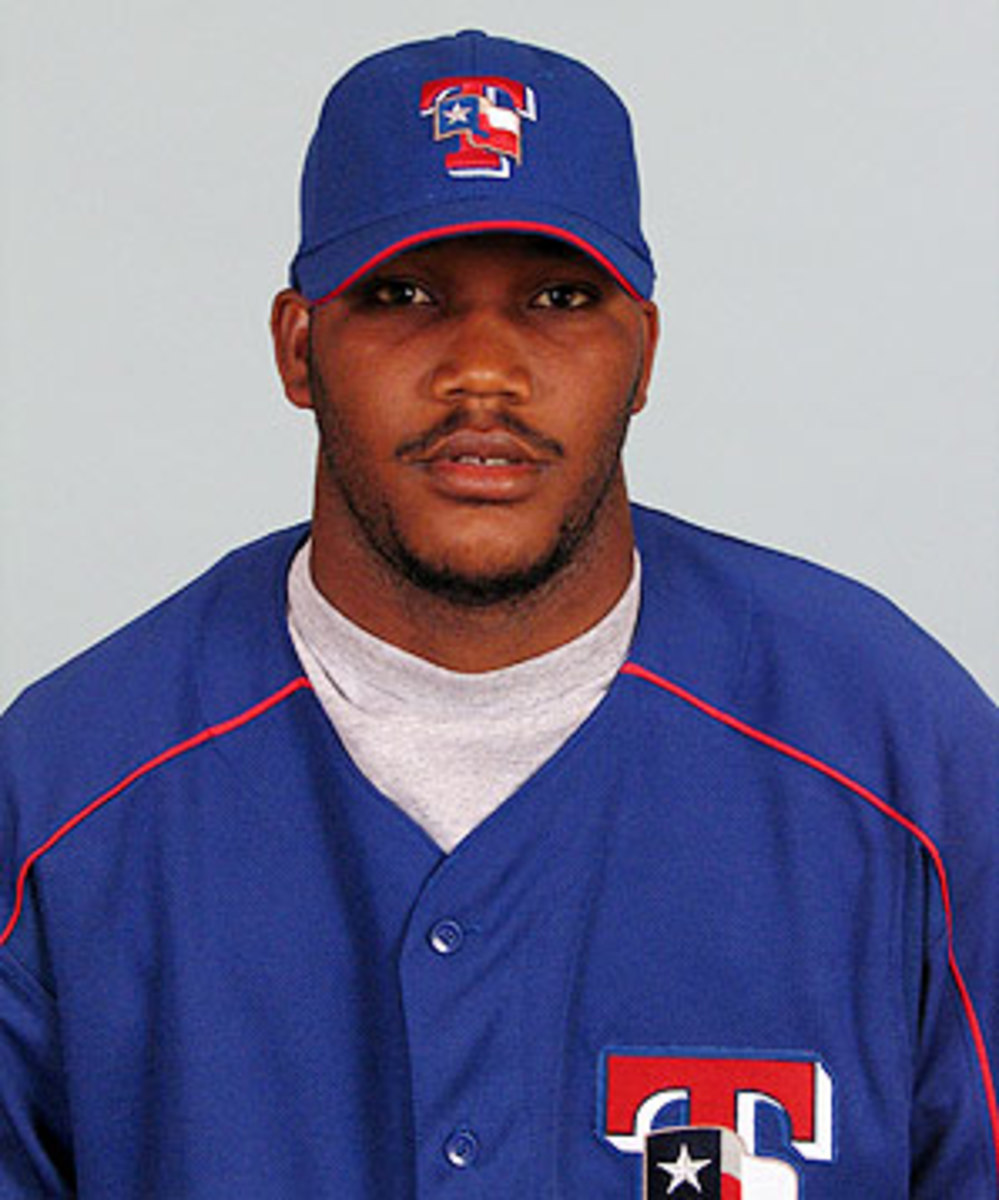Rangers prospects caught in immigration scam still hopeful
Ogando and Beltre, like an estimated 28 other major league prospects, are permanently barred from stepping on U.S. soil because of their role in a 2004 immigration scam in which players agreed to list women whom oftentimes they'd never met as their wives on the players' immigrant visa applications in exchange for $3,000 to $5,000. Beltre, 26, and Ogando, 24, began tryouts in Tokyo this week to give Japanese teams a look and the pitchers a chance to prove that they are Major League ready even if they're not U.S.-bound.
When the scam was discovered by the U.S. embassy in Santo Domingo before the start of the 2005 season, the players were denied visas and barred from the U.S. Shortly thereafter, most other teams cut ties with their involved prospects. The Rangers, however, are still fighting. But the Rangers who need pitchers, and the pitchers who need waivers to reenter the country, are running out of time and legal options.
The American embassy in Santo Domingo, citing the confidentially of visa records, refuses comment on specific cases. When asked if the lifetime ban for players like Ogando and Beltre will be upheld, a lead embassy investigator in the baseball cases, told SI.com, "There is no choice here. The law defines the ineligibility."
Rangers general manger Jon Daniels says, "I'm not optimistic" that the situation will be resolved in his and the players' favor. The team has nearly exhausted its avenues to obtain the waivers, including lobbying some of team owner Tom Hicks' political connections in the Republican party, hiring a former Immigrations and Customs Enforcement officer to conduct investigations, and meeting personally with embassy officials.
While Daniels underscores his respect for the nation's laws and borders, he says that the government's unwillingness to grant the waivers stems mostly from a post-9/11, anti-immigrant sentiment swelling in the United States. "The players are being grouped in with criminals and terrorists," Daniels says. "These kids made a mistake. At the end of the day they were pawns. They had very little idea what they were getting into."
Neither Ogando nor Beltre, both of whom say the sole reason for being involved was financial necessity, ever received a cent of the money promised in the scam. Both express not only remorse for their actions but a willingness to atone for them by volunteering to help investigators track down the masterminds of the scam. Both have identified a man named Wilfredo as the man who promised them money. Ogando, whom the Rangers acquired in the 2005 Rule 5 draft from the Oakland Athletics (who left him unprotected after the scam), says that an A's employee accompanied Wilfredo and told Ogando that listing the woman as his spouse wouldn't hurt a soul. "He worked for the team and I believed in him," Ogando says.
Since being denied their U.S. visas in 2005, both pitchers have fed their large extended families on meager minor league salaries of around $2,000 per month earned while pitching for the Rangers' summer league team in the Dominican. Daniels still believes in the abilities of both. He describes the 6'3", 190-pound Beltre as having "a classic power-pitcher build" with three above average pitches he throws for strikes that might be major league ready. Ogando, a former outfielder whom the Rangers converted into a pitcher, is raw but powerful. "He's a Pedro Estacio-type build hitting 100-miles-per-hour on the radar gun," Daniels says.
While the Rangers may have to give up on them, Ogando and Beltre aren't ready to give up on reaching the major leagues. "It's still my dream to play in the United States," Beltre says from his Tokyo hotel. "I haven't lost hope." In the meantime, all they can do is go back to work, wherever that may be, knowing that the organizers of the crime ring that snared them are probably doing the same.



































